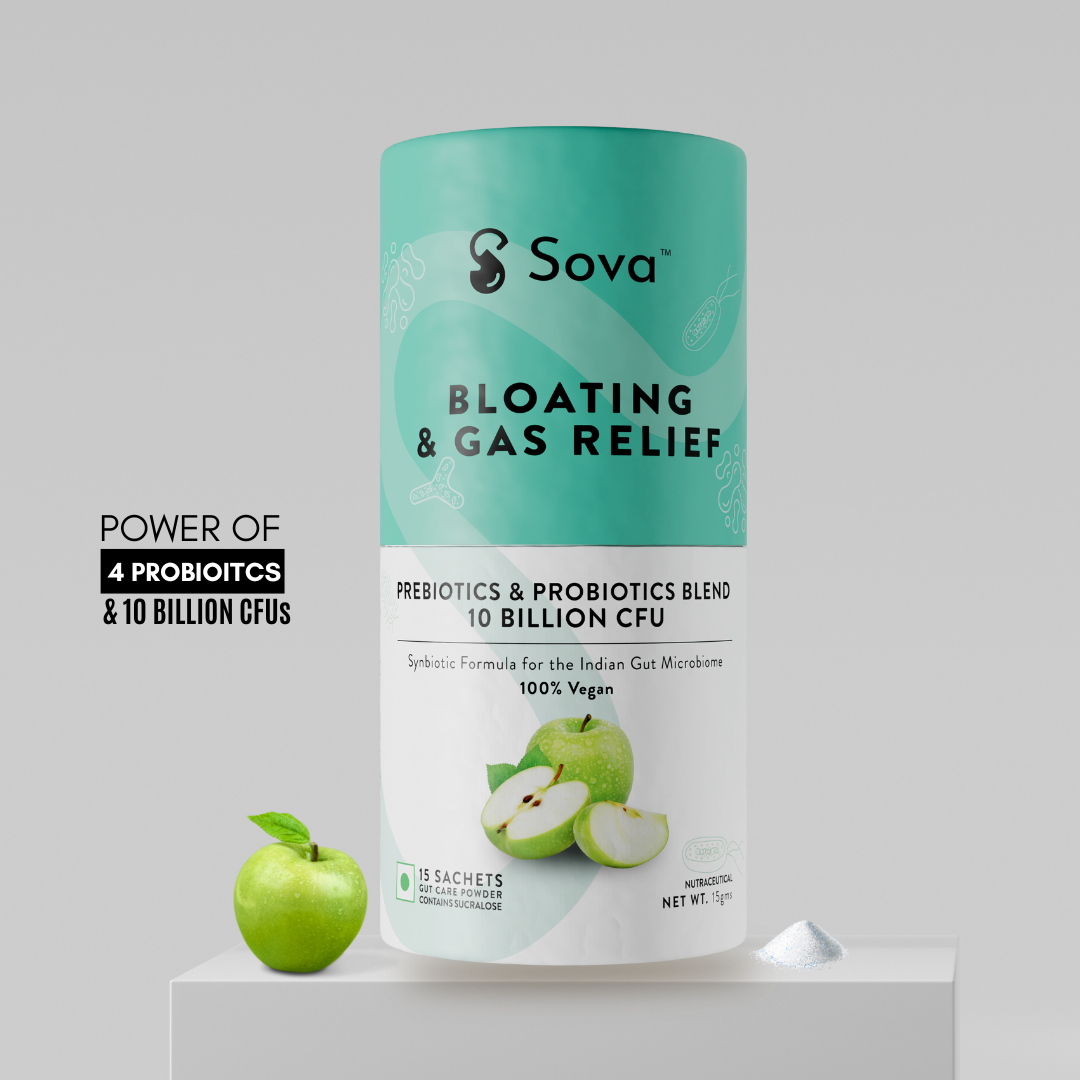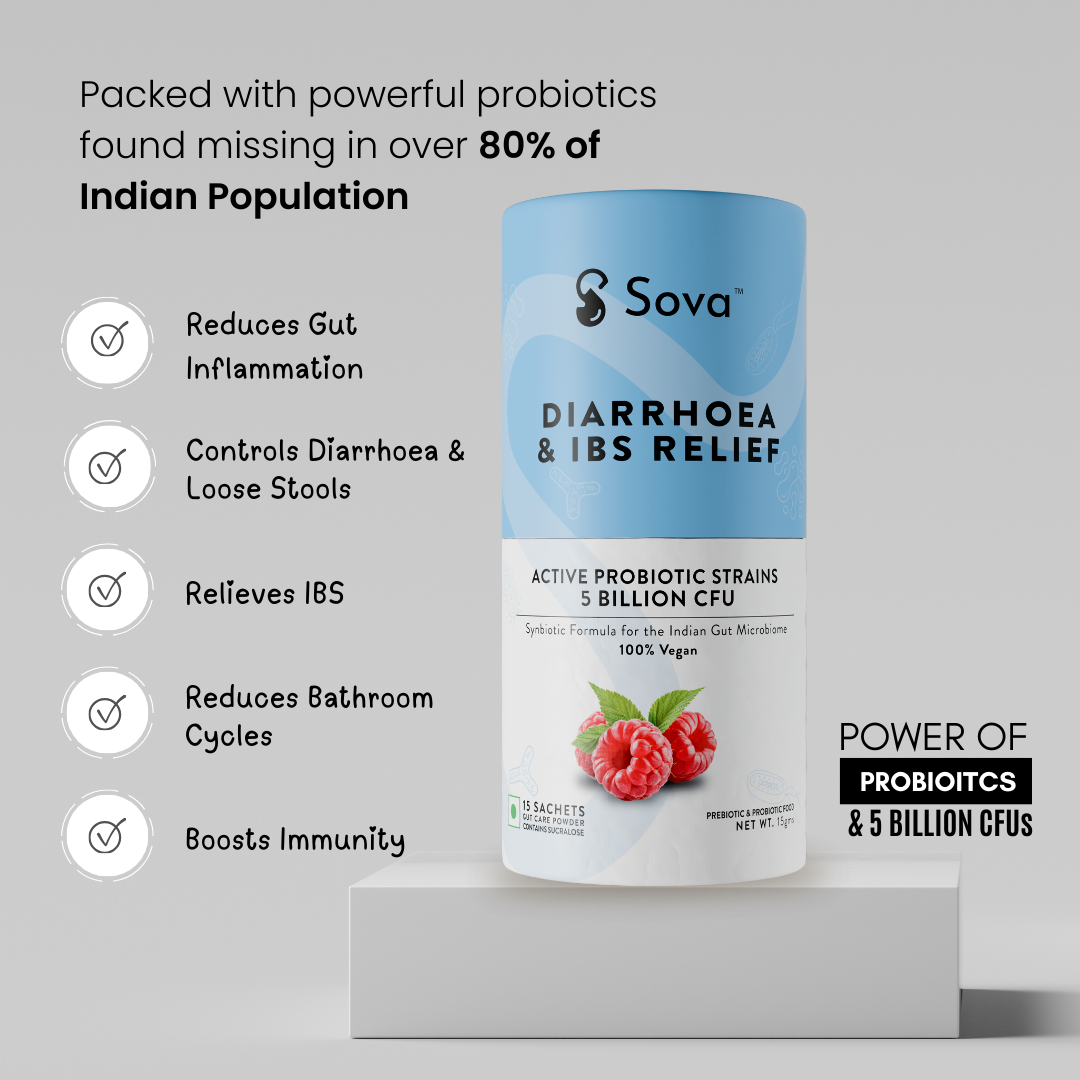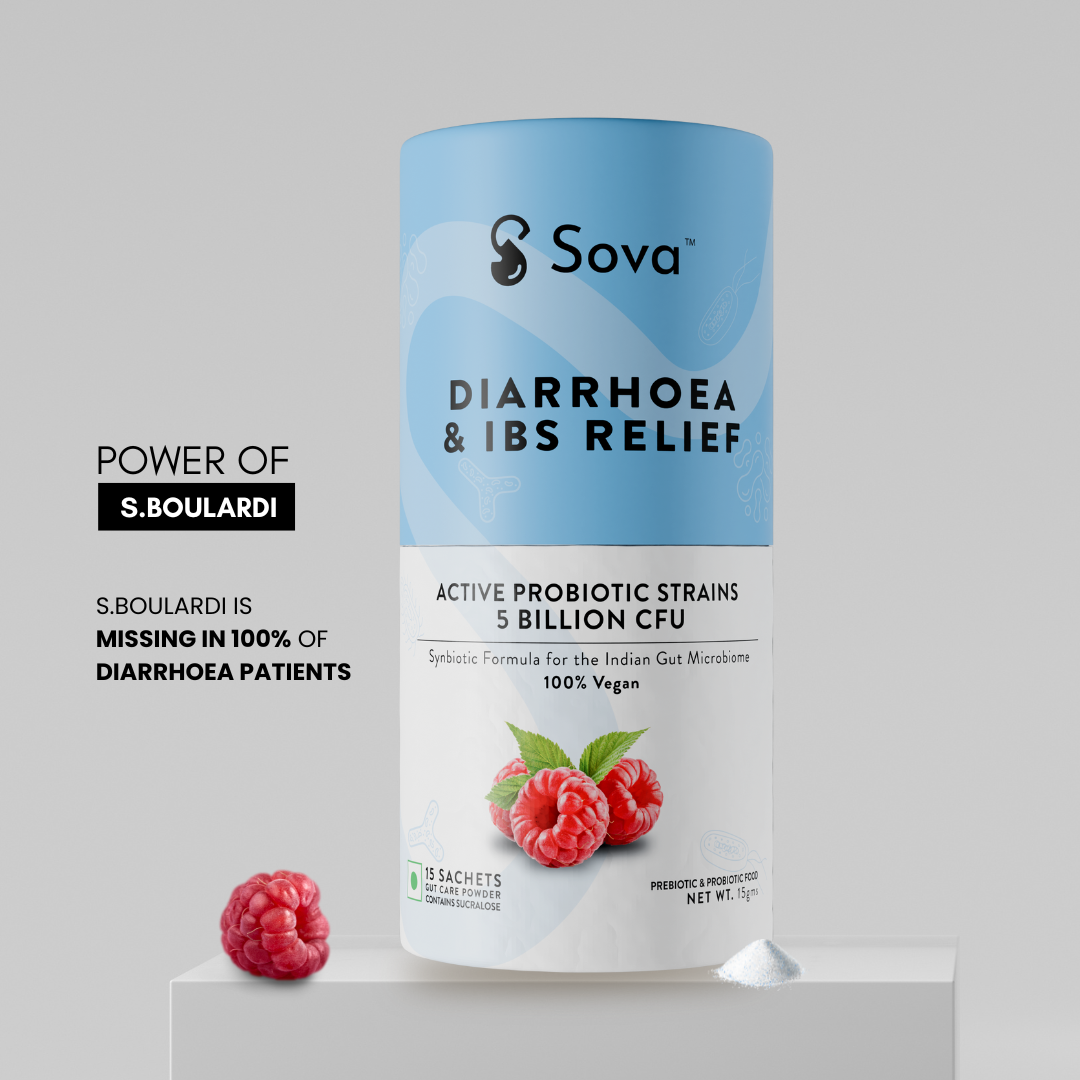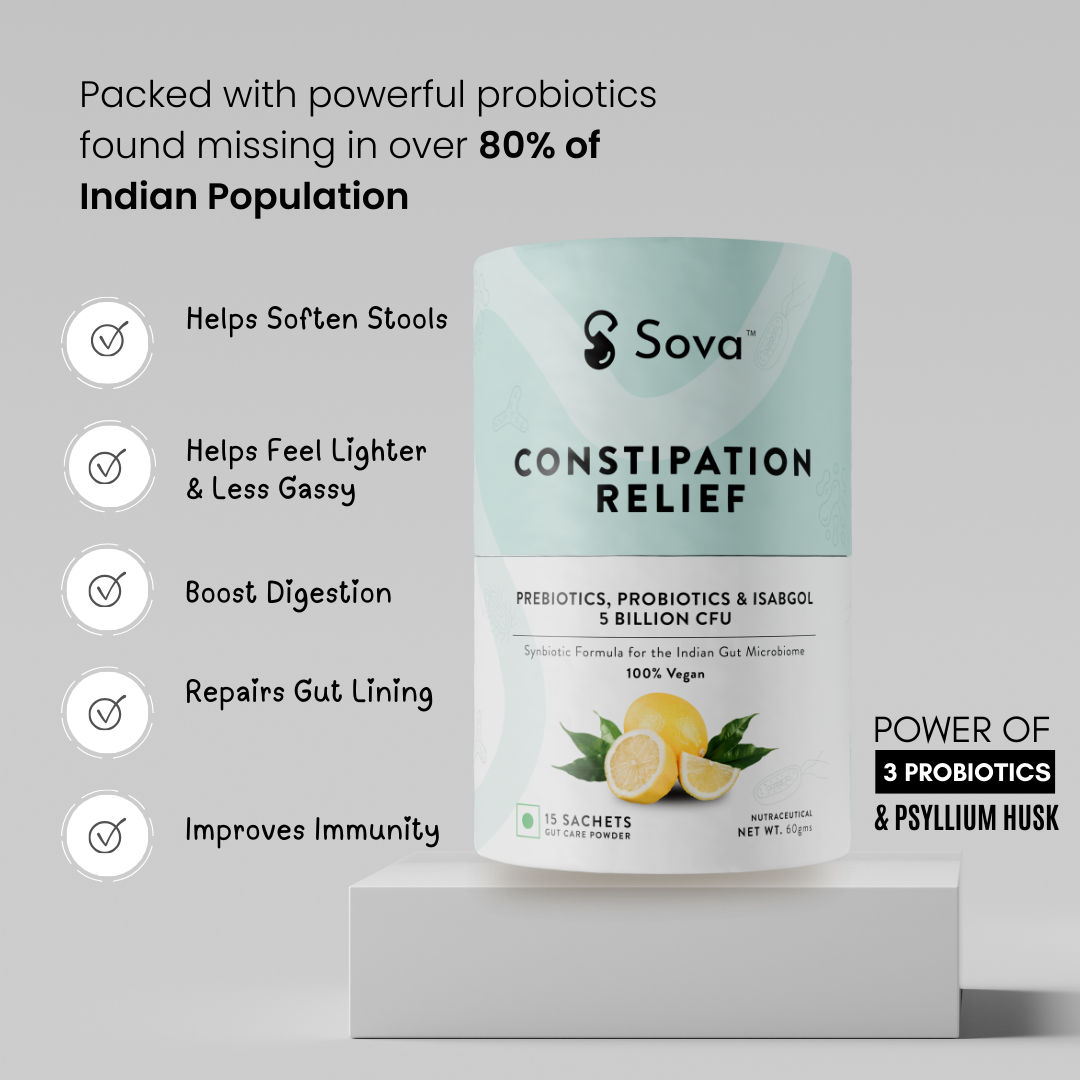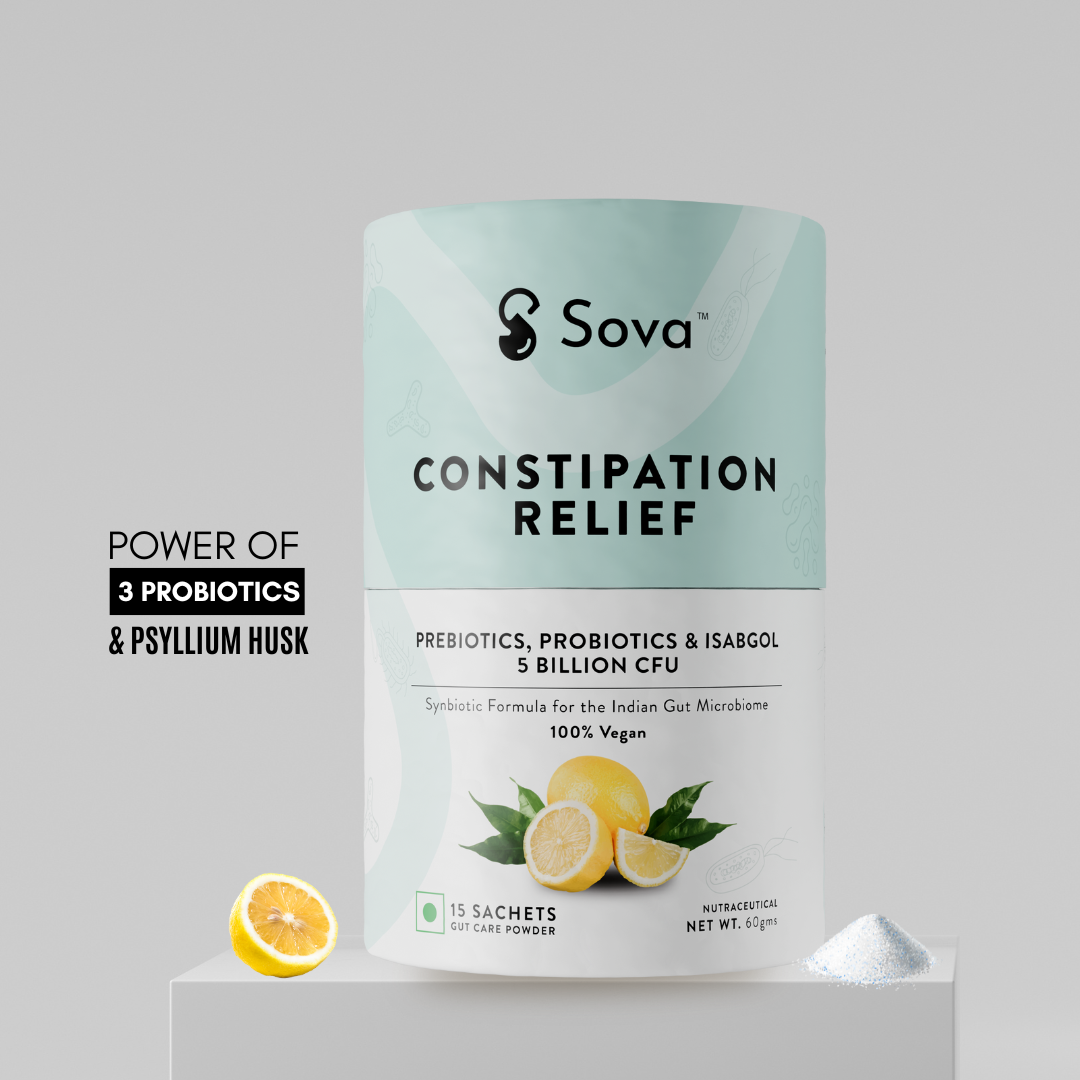We all have been there inside the bathroom for too long with little to no outcome, dissatisfaction and discomfort. This is one of the most common signs of constipation. What does the problem have to do with this? What is so common about this happening to so many? In this blog, we are going to explore the signs and symptoms of constipation in adults, and more concerning severe symptoms of constipation that may call for medical help.
What is Constipation?
Constipation is among the most common gastrointestinal disorders, affecting millions of people on Earth. It occurs when bowel movements are infrequent and difficult to often sign fewer than three times a week. When you do have bowel movements, stools can be hard, dry, or much smaller in size than typical, both painful and taking a long time.
Constipation is not a measure of how often you go, but it includes the calibre of your stool and how hard it is to pass. Dry, pelleted stools that are difficult to pass are characteristic of constipation, and if you're finding that it's taking you longer than usual to complete the job there, it's time to reassess your behaviour and get moving in the right direction for healthy bowel movements.
Although constipation is relatively common and, most of the time normal, there are instances where it becomes chronic and may have an effect on your daily activities and worsen general health.
Common Causes of Constipation

The following factors can cause or contribute to constipation:
- Low Fiber Intake: A diet that is characterized by low intakes of fibre-rich foods, as well as intakes of fruits, vegetables, and whole grains, is one of the most common causes of constipation. Fibre adds bulk to stools and allows for easier bowel movements.
- Dehydration: Perhaps it is due to lesser water intake. In such a situation, stools would become sticky and hard, making it difficult to pass out. One should always keep him hydrated to maintain digestive system health.
- Active Lifestyle: On the other hand, people who lead an active lifestyle have faster digestion periods. Thus, waste moves very fast in the intestines.
- Medication: Some drugs include painkillers, anti-depressants, and antacids. These are the drugs that make individuals experience constipation as a side effect.
- Stress: Psychological factors such as anxiety and stress also interfere with the digestive system, hence resulting in constipation.
- Lack of attending to the urge: Failure to attend to the natural urge to defecate may result in constipation. It makes the body insensitive to the sensation that leads to difficulty in passing stool.
Also Read: Top 8 Constipation Home Remedies to Keep Your Digestive System Healthy
Signs of Constipation
The first step is to understand the signs of constipation because you might end up dealing with it early. Some of the most common ones included are as follows:
- Infrequent Bowel Movements: It is perhaps among the most obvious when you go less than thrice a week. In this scenario, you have an infrequent bowel movement.
- Straining: If you find that you are straining to poop quite significantly, this also may be a sign of constipation. You have to be consistent in your findings so that you can pick on such a symptom.
- Hard or Lumpy Stools: If stools are hard, lumpy, or dry, you may be constipated. Ideally, stools should be soft and easy to pass.
- Inadequate Feeling of Emptiness: The feeling that you haven't fully emptied your bowels after passing a stool is another sign of constipation.
Symptoms of Constipation in Adults
Constipation does not discriminate; it can be experienced by anyone. Nevertheless, adults often suffer from it because of lifestyle and age. They experience the following symptoms of constipation:
- Abdominal Pain: The bloating and cramping of the abdominal area are common in adults suffering from constipation.
- Too much gas: When waste stays for a longer period within your body or lingers in the intestines, it can cause bloating and discomfort accompanied by flatulence.
- Loss of Appetite: A swollen belly and stretched stomach can cause reduced appetite and disinclination to eat.
- Drowsiness: Vague fatigue is another symptom of chronic constipation, especially when it is accompanied by discomfort and pain.
Severe Constipation Symptoms
In extreme situations, constipation can be fatal. Some of the features of severe constipation include the following:
- Abdominal Pain on Constant Basis: Sharp, sharp pains which last for any amount of time within your abdomen may point to a condition as severe as constipation or another like an obstruction of the bowel.
- Blood in Stools: Sometimes straining causes tiny tears in the anal area and may explain why there is blood in your stool. This, of course, should be addressed by consulting your physician if it happens more often.
- Vomiting: At times, chronic constipation leads to nausea or vomiting especially if the waste materials in the digestive system have stayed there for too long.
- Weight Loss: Sudden, unexplained loss of weight accompanied by constipation can point to a more serious medical problem like colorectal cancer or another gastrointestinal condition.
- Rectal Prolapse: In extreme cases, straining will cause part of the rectum to protrude from the anus. It's a condition that requires emergency medical attention.

Managing Constipation
Constipation is not a permanent condition that one has to endure for life. There are many methods of managing symptoms and preventing future occurrences:
- Augment Fiber Intake: Adding more fibre-rich foods to your diet can make such a difference. Increase the consumption of fruits, vegetables, legumes, and whole grains in your meals.
- Hydrate: In fact, drinking a lot of water will soften up the stool easier for expulsion. So, try to drink at least 8 glasses daily.
- Exercise regularly: Physical exercise gives a very good boost to digesting food properly. Even sometimes a short walk of 20-30 minutes helps move things along in your digestive tract.
- Use Over-the-counter Remedies: You can take over-the-counter remedies, such as laxatives or stool softeners. These will only temporarily solve the problem but can be taken when necessary and after consulting a doctor.
You must seek medical attention if you have severe symptoms of constipation or if you frequently experience cases of constipation. Constipation may be an underlying symptom of other diseases that your healthcare provider can detect and deal with.
Conclusion
Constipation can be painful and disturbing, but it may also be very controllable if approached the right way. Awareness of symptoms of constipation and early treatment of common signs of constipation in adults prevents more serious developments. So, if you have more developed constipation symptoms, it is high time to consult a doctor.
Are you looking for a service that provides personalized health advice or treatments to manage constipation? You can seek assistance at Sova Health, where you will find suitable wellness plans and more.


